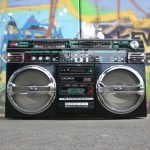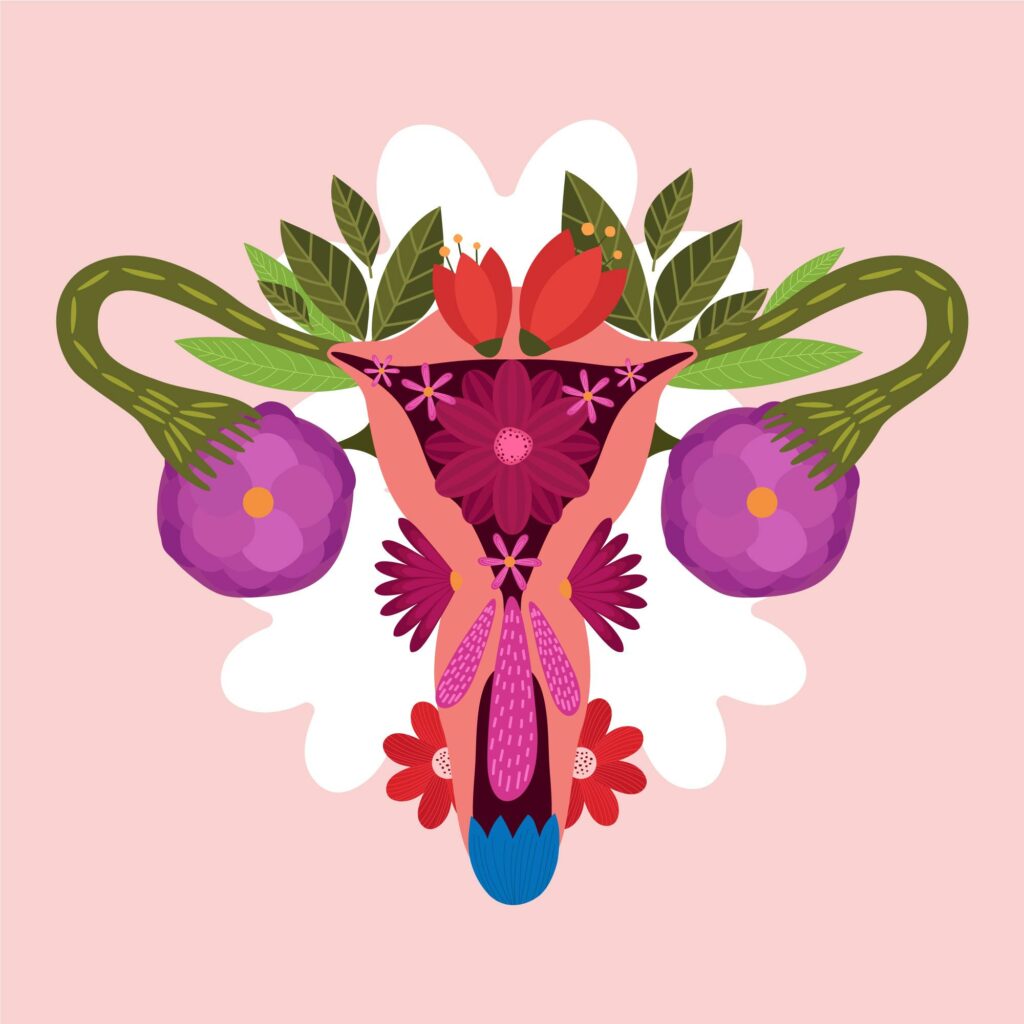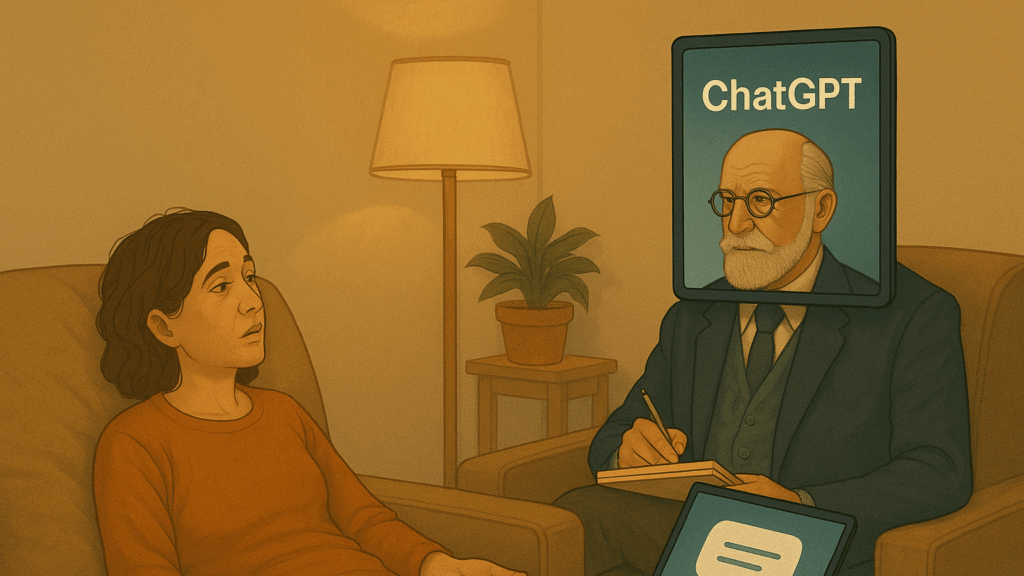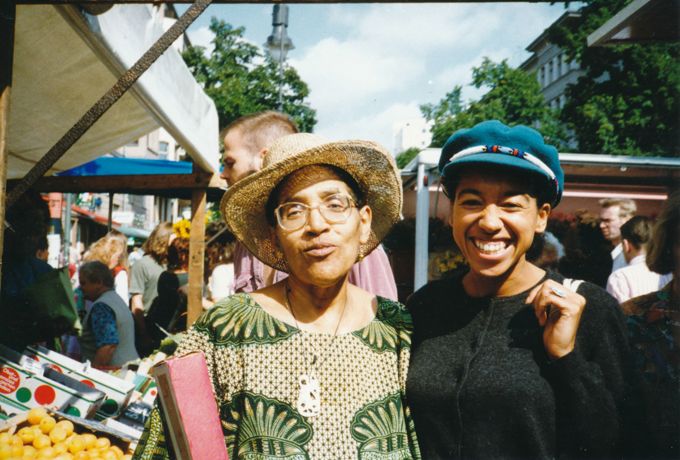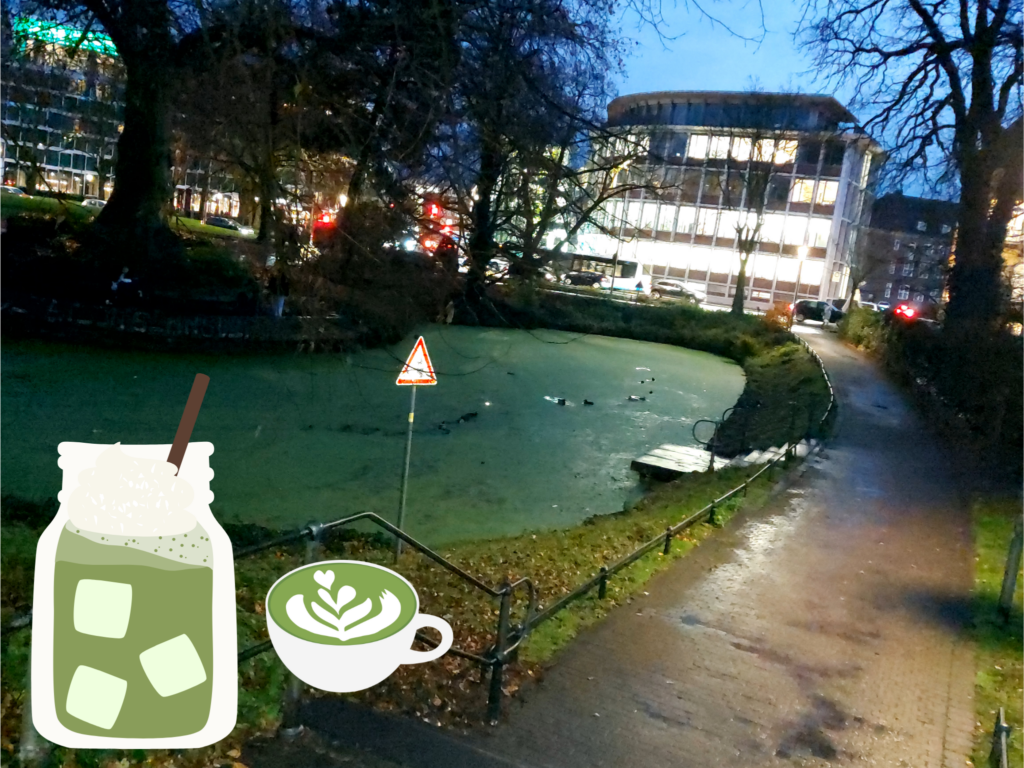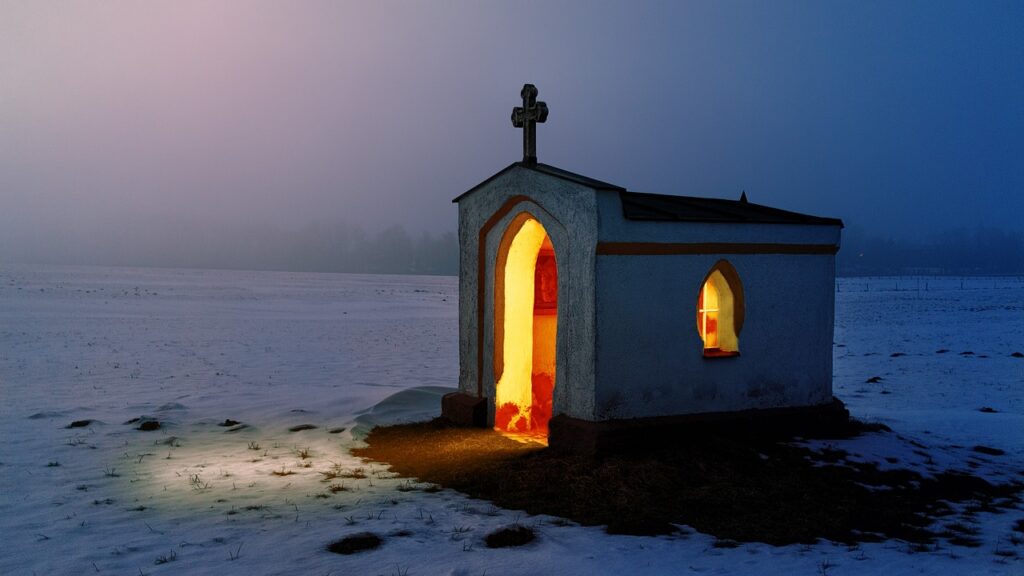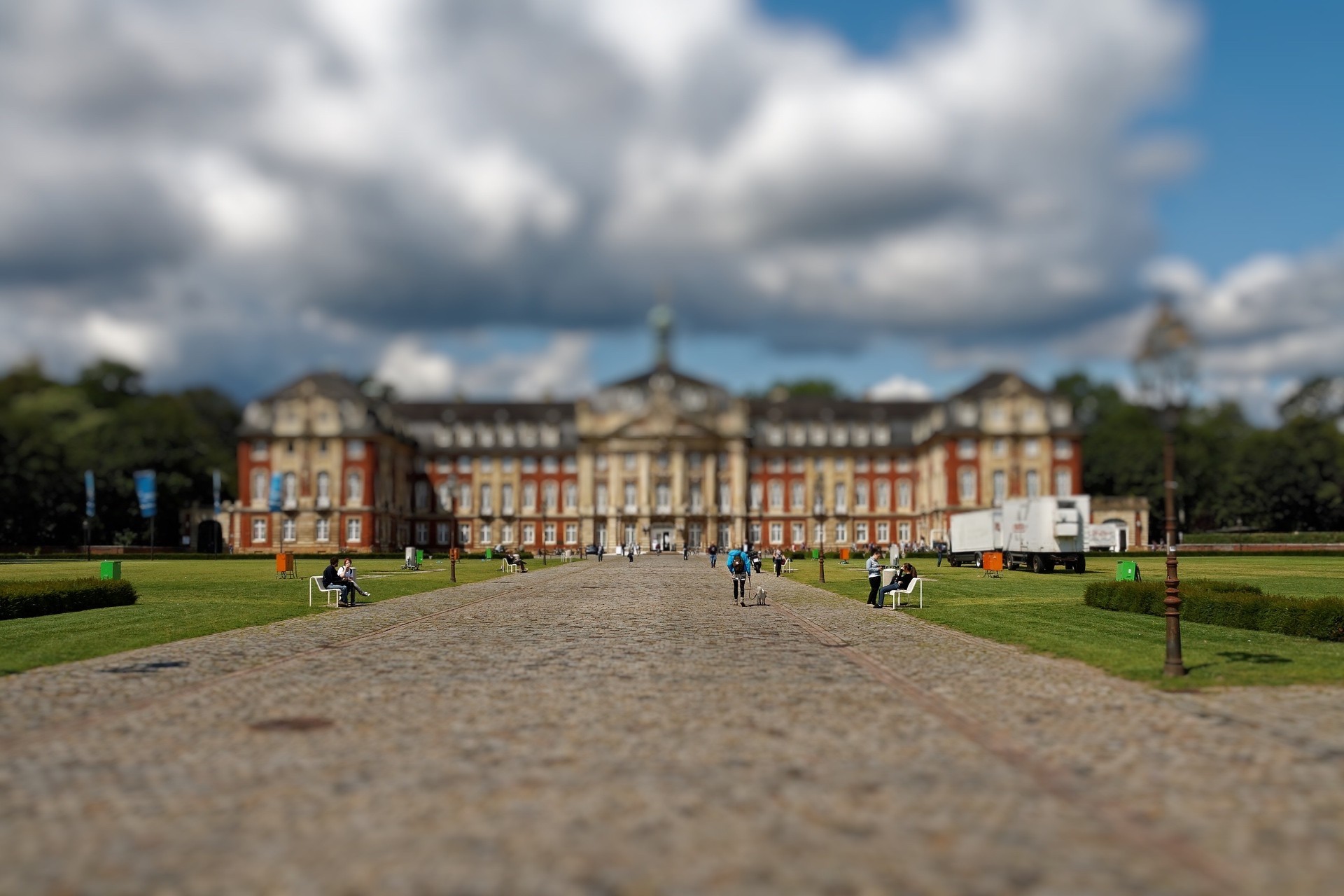Joel Sarakula im Interview
Written by Sam Höfers on 3. Dezember 2024
Joel Sarakula, kommt aus Australien, wohnt in England und macht Musik die nach Strand Insel und Nostalgie klingt. Tortzdem hat er sich ins regnerische Münster getraut und war für seine Tour mit dem Album Soft Focus im Gleis 22. Radio Q Musikredakteur hat mit ihm zu dieser Gelegnheit im Q Studio gesprochen.
Wenn euch das noch nicht genug Joel Sarakula war, könnt ihr euch auch das komplette Interview anhören und zum Beispiel herrausfinden, wieso puzzeln auch eine sehr riskante Angelegenheit sein kann.
Sam: Ich habe heute einen tollen Gast hier im Studio. Jemand, der Musik macht, die vielleicht einige dieser dunklen Wintertage aufhellen kann. Er macht schon eine ganze Weile Musik und ist gerade mit seinem siebten Studioalbum Soft Focus auf Tour. Joel Sarakula.
Joel: Hallo.
Sam: Hi.
Joel: Danke, dass ich hier sein darf.
Sam: Danke, dass du hier bist.
Joel: Es ist mir ein Vergnügen.
Sam: Und wie geht es dir heute? Wie läuft die Tour so weit?
Joel: So weit, so gut. Wir spielen heute Abend hier in Münster, wir haben in Hamburg und Hannover gespielt und das ist also eine kleine Mini-Tour und dann machen wir eine Pause und dann fangen wir im Januar wieder an und spielen in Berlin und Frankfurt, bis jetzt war es wirklich schön, einfach durch Deutschland zu reisen und ein paar Shows vor vielen Leuten zu spielen. Es war gut.
Sam: Habt ihr irgendetwas, was ihr vor einer Show tun müsst, um euch vorzubereiten?
Joel: Nein, wir haben keine Rituale, weißt du. Nur, zuerst müssen wir ein Puzzle mit 8.000 Teilen lösen, und wenn wir es nicht rechtzeitig lösen, dann spielen wir die Show nicht. Das ist also schon ein bisschen ein Problem. Und es ist ein 8.000-Teile-Puzzle, das nur eine weiße Wolke zeigt. Ein schwieriges Puzzle. Nur eine weiße Wolke.
Sam: Das klingt echt schwirig.
Joel: Ja, wenn wir das Puzzle nicht rechtzeitig lösen, werden wir einfach nicht spielen. Meine Band hat schon angefangen, sie brauchen meine Hilfe. Ich bin ziemlich, ich bin ziemlich gut darin.
Sam: Also musst du schnell hier raus, um das Puzzle zu beenden.
Joel: Ja, genau. Ich lasse sie eine Weile zappeln und rette sie dann in letzter Minute. Normalerweise schaffe ich die letzten paar tausend Teile in ein paar Minuten. Ein Kinderspiel. Aber ja, abgesehen davon haben wir keine anderen großen Rituale, die mir einfallen würden.
Sam: Macht ihr wirklich Puzzles vor der Show?
Joel: Leider nein, ich würde gerne. Das ist eine Art Ritual, in das ich einsteigen könnte. Ich meine, wir stricken. Wir stricken auch. Wir stricken vor der Show Pullover für uns selbst. Einen für jede Show. Also stricken wir heute Abend den Münster-Pulli.
Sam: Das muss ich auf Instagram sehen, bitte.
Joel: AI kann das erledigen. Photoshop, KI, dauert nur eine halbe Minute.
Sam: Gab es eigentlich jemals einen Moment, in dem du dachtest, okay, ich muss jetzt wirklich Musik machen und das professionell angehen? Kannst du dich an so einen Moment erinnern?
Joel: Nachdem ich beim Lösen von Puzzles mit 8.000 Teilen und beim Stricken von Pullovern gescheitert bin, dachte ich, dass ich vielleicht mit der Musik anfangen sollte. Als ich ein Kind war, habe ich das immer gemacht. Ich habe von klein auf Klavier gespielt, und die Musik hat mich inspiriert. Ich hörte Musik, und auch mein Vater spielte Klavier, zumindest als ich jünger war. Und als ich als Kind zum ersten Mal Live-Musik sah, war ich wirklich beeindruckt. Und ich hatte irgendwie das Gefühl, na ja, das ist etwas, das ich machen werde. Und es war ein Instinktgefühl, dass das meine Zukunft ist. Da war ich 9, 10, 11, 12 Jahre alt.
Sam: Es gab also nie einen anderen Weg, den du in Betracht gezogen hast?
Joel: Nicht wirklich. Ich meine, ich habe zwar etwas außerhalb der Musik studiert, aber ich habe immer gleichzeitig auch gespielt.
Sam: Was hast du studiert?
Joel: Ich habe Naturwissenschaften und kreative, geisteswissenschaftliche Fächer studiert. Aber gleichzeitig bin ich an den meisten Abenden in der Woche live aufgetreten. Ich beendete mein Studium und sagte: „Okay, das ist jetzt vorbei, zurück zu den Gigs.
Sam: Schön und immer noch erfolgreich.
Joel: Ja, es läuft immer noch gut. Ich werde mich von diesem Stück Papier nicht aufhalten lassen. Es war das erste, als ich 15 oder 16 war. Ich bin sogar in Sydney, Australien, live in Golfclubs aufgetreten. Das war ein Ding. Ich habe am Sonntagnachmittag Klavier gespielt und Jazz-Standards für Leute gespielt, die wahrscheinlich nicht wirklich zuhören, aber ich habe einfach jazzige Songs am Sonntagnachmittag gespielt, und sie haben mir Geld gegeben, und ich dachte: Wow. Als 15- oder 16-Jähriger war das ein wirklich starkes Gefühl, dass sie mir 50 oder 100 Dollar geben würden. Und das ist schon sehr lange her. Damals war das wie zwei Tage lang bei McDonald’s arbeiten. Dann habe ich mir gesagt, na ja, dann werde ich eben nicht bei McDonald’s arbeiten. Das war also sehr früh. Ich sah auch den monetären Wert darin, einen guten Job in der Musik zu machen oder etwas Besonderes oder Einzigartiges zu tun. Und vielleicht war es für sie etwas Einzigartiges, dass ein 15-jähriger Junge jeden Sonntag kam und jazzige Lieder spielte. Ich bin mir nicht sicher, ob die Leute wirklich zugehört haben, aber sie waren beeindruckt genug, um mich weiter machen zu lassen. Solche Erfahrungen haben mich also auch geprägt. Aber ich glaube, ähnliche Geschichten hört man bei vielen Musikern. Zumindest bei der Art von Musik, die ich mag. Dinge, die mit Soul, Funk und Jazz zu tun haben, und diese Art von Formen. Oft fängt man an, wenn man sehr jung ist.
Sam: Für Leute, die mit dieser Art von Musik, wie Soul, Funk und Jazz, noch nicht so viel zu tun hatten. Hast du etwas, das du Leuten empfehlen würdest, die vielleicht in diese Musik einsteigen wollen? Einen Künstler oder ein Album, das man unbedingt gehört haben muss?
Joel: Das ist ein riesiges Feld. Es sind sehr unterschiedliche Genres und es ist eine riesige Geschichte, nicht wahr? Also, Empfehlungen, ich weiß nicht, das ist schwierig. Mein Lieblingsjazzkünstler wäre Duke Ellington als Bandleader und Autor. Ich liebe alles, was er gemacht hat. Und Horace Silver als Pianist. Charles Mingus, Donald Birds, die Blackbirds. Das sind einige meiner Lieblinge im Jazz. Er ist so breit gefächert, so viele Künstler. Es ist einfach schwer, Favoriten auszuwählen. Aber als ich jünger war, habe ich Stevie Wonder, Sly Stone und Curtis Mayfield wirklich geliebt. Das sind alles ziemlich etablierte Künstler. Ja, vielleicht sind das meine Empfehlungen.
Sam: Kommt in meine Playlist
Joel: Sie sind ziemlich altmodisch. Aber natürlich gibt es Leute, die die Flamme am Leben erhalten, und es gibt auch großartigen neuen Jazz, wie Duran Jones, ein amerikanischer Typ, ein großartiger Soul-Mann. Es gibt also immer noch neue Sachen, die herauskommen.
Sam: Um vielleicht auf deine Musik zurückzukommen. Hast du einen Lieblingssong auf dem Album?
Joel: Von meinem neuen Album Soft Focus ist „Loved Up“ ein besonderer Song für mich, der einen coolen, funkigen Groove hat und einfach nur da sitzt und wegstolziert, sein eigenes Ding macht, seinen eigenen kleinen Groove und seine eigene Magie. Ich war also zufrieden damit, wie es geworden ist.
Sam: Schön, danke, dass du hier warst.
Joel: Ich danke dir!
Sam: I have a lovely guest with me today here in our studio. Someone who makes music that can maybe brighten up some of these dark winter days. He has been making music for quite a while already and is on tour right now with his seventh studio album, Soft Focus. Joel Sarakula.
Joel: Hi.
Sam: Hi.
Joel: Thanks for having me.
Sam: Thanks for being here.
Joel: It’s a pleasure.
Sam: So how are you today? How’s the tour going so far?
Joel: So far so good. We’re playing here in Münster tonight and yeah, we played in Hamburg and Hanover and so this is a little mini tour and then we’ll take a break and then we’ll start again in January and then play in Berlin and Frankfurt, so far it’s been really nice just traveling around Germany and playing some shows to lots of people. It’s been good.
Sam: Do you have anything you need to do before a show to prepare?
Joel: No, we don’t have any rituals, you know. Well, firstly we have to solve an 8,000 piece puzzle and if we don’t solve it in time, then we don’t play the show. So that’s a bit of a problem. And it’s an 8,000 piece puzzle of just a white cloud. Difficult one. Just a white cloud.
Sam: That’s quite high stakes puzzle.
Joel: Yeah, if we don’t solve that puzzle in time, we’re just not going to play. So. 8,000 pieces. They’ve started already, they need my help. I’m pretty, I’m pretty good at that.
Sam: So you need to get out of here quickly to finish the puzzle.
Joel: Yeah, exactly. I’ll let them struggle for a while and then save them at the last minute. I usually pick up the last few thousand pieces in a few minutes. Easy peasy. But yeah, apart from that, we don’t have any other big rituals that I can think of.
Sam: Do you really do puzzles before the show?
Joel: Unfortunately, no, I would like to, though. That’s a kind of ritual I could get into. I mean, we knit. We also knit. We knit sweaters for ourselves before show. One for every show. One celebratory sweater. So we’ll knit the Munster sweater tonight.
Sam: I need to see that on Instagram, please.
Joel: We will. AI can do anything. It’s great. Photoshop. AI, you’re done. Takes half a minute.
Sam: Has there ever been a moment where you were like, okay, I need to pursue music for real now and do this professionally? Do you remember a moment like that?
Joel: Well, after I failed at solving 8,000 piece puzzles and knitting sweaters, I thought maybe I’ll take up music. When I was a kid, it was just something I always did. I played the piano from a young age, and I was inspired by music. Listening to music and also my father played piano, at least when I was younger, so I guess I was inspired by that. And seeing live music for the first time as a child, really impressed me. And I kind of had a feeling, well, that’s something I’m going to do. And it was an instinct feeling that that was my future. So I was as young as 9, 10, 11, 12.
Sam: So there was never a different path you were considering taking?
Joel: Not really. I mean, I studied something outside of music, but I was always playing at the same time as well.
Sam: What did you study?
Joel: I did science and creative sort of, you know, the humanities courses as well. But at the same time, I was always performing live most nights of the week. And I finished my degree and went, all right, that’s over now, back to the gigs.
Sam: Nice and still going strong.
Joel: Yeah, still going strong. I’m not going to let that piece of paper stop me. It was the first thing from when I was 15 or 16. I was even playing live performances in Sydney, Australia, in golf clubs. That was a thing. Playing piano on Sunday afternoon and playing jazz standards for, like, probably no one really listening, but, you know, just playing jazzy kind of songs on Sunday afternoons, and, and they’d give me money, and, and I’m like, wow. As a 15 or 16-year-old that was like really powerful, like feeling that, that they’re going to give me $50 or $100. And that was like a long time ago. Then it was like working two days of shifts in McDonald’s for example. I’m like, well I’m not going to work in McDonald’s then. So that was really early on. I kind of also saw the monetary value in doing a good job in music as well, or doing something special or unique. And maybe for them that was unique to have this 15-year-old kid coming in every Sunday and playing jazzy songs even. Not sure how much people were really listening to it, but they were impressed enough to keep me going. So it was experiences like that, that really shaped me as well. But I think you’ll hear similar stories in a lot of people doing music. At least in the kind of music I do like. Things connected with soul and funk and jazz and these kind of rootsier forms. Often you start when you’re really young.
Sam: For people that haven’t had much of a connection with this kind of music, like soul and funk and jazz. Do you have anything you would recommend for people that maybe want to get into it? Like a must-listen, artist or album?
Joel: It’s a huge field. They’re very diverse genres and it’s a huge history, isn’t it? So, recommendations, I don’t know, it’s tough. My favorite jazz artist would be Duke Ellington as a bandleader and writer. I love everything he did. And Horace Silver as a pianist. Charles Mingus, Donald Birds, the Blackbirds. These are some of my favorites in jazz. It’s so wide, you know, so many, so many artists. It’s just hard to pick favorites. But when I was younger, I really love Stevie Wonder, Sly Stone, Curtis Mayfield. They’re all pretty established artists. Yeah, maybe they’re my recommendations.
Sam: I’ll add them to my playlist.
Joel: They’re pretty old school. But of course you know there’s people keeping the flame alive now and there’s great new jazz as well, like Duran Jones, american guy, great soul kind of man. So there’s still new stuff always coming out.
Sam: Maybe to get back to your music. Do you have a favorite from the album?
Joel: From my new album, Soft Focus, I think “Loved Up” is a special song for me that’s like, got a cool, like a funk kind of groove and just sort of sits there and struts away, does its own thing, its own little groove and its own magic. So I was happy with how that turned out.
Sam: Nice, thank you for being here
Joel: Thank you!
Bildquelle: Joel Sarakula
